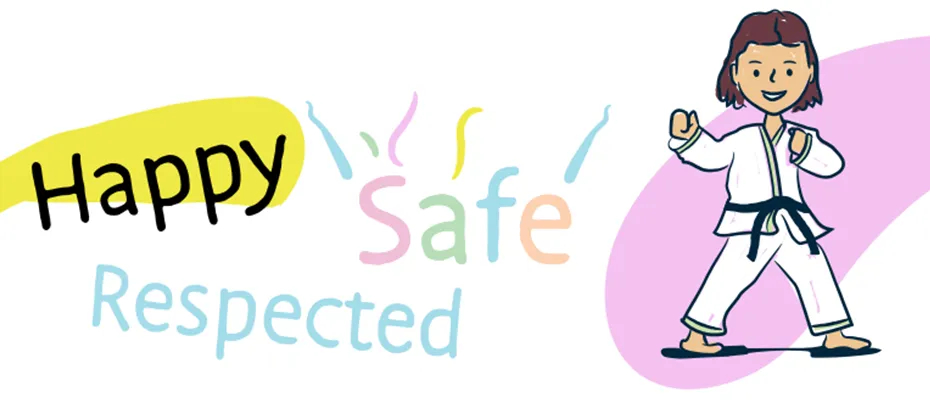This page explains how coaches should treat you, what respectful behaviour looks like, and what to do if something doesn’t feel right.
How should my coach treat me? (Ages 7 to 12)
Your coach should help you feel safe and confident.
A good coach:
- Encourages you to do your best
- Is kind and supportive
- Never yells or touches you in a way that feels wrong
- Listens and treats you fairly.
Think about:
What does a great coach say or do to help you?
Activity:
Write down three things a great coach does.
Example:
Imagine your coach yells at you in front of everyone. That’s not okay. Coaches should be kind and supportive. You can talk to a trusted adult, like a parent, teacher, or another coach.
What you could say:
"My coach yelled at me in front of the team, and it made me feel really upset. I don’t think that’s okay. Can you help me figure out what to do?"
Tip:
If your coach makes you feel uncomfortable, tell a trusted adult.
Aged 7 to 12?
How you should be treated in sport and what to do, if you don't feel safe:

How should my coach treat me? (Ages 13 to 17)
Coaches must treat you with respect and professionalism.
Safe coaching means:
- Respecting your boundaries and privacy
- Communicating with you in safe, respectful ways
- Never using their position to manipulate or control you.
Reflection:
What would you do if a coach crossed a boundary? Who would you talk to?
Scenario:
A coach should never send private messages or ask you to keep secrets.
What you could say:
"My coach sent me private messages that made me uncomfortable and asked me not to tell anyone. I don’t think that’s right, and I need help figuring out what to do next."
Tip:
If a coach asks you to keep something private and it makes you feel uncomfortable, talk to another adult you trust. You’re allowed to speak up, even if someone tells you not to.
Aged 13 to 17?
How you should be treated in sport and what to do if you feel unsafe:
